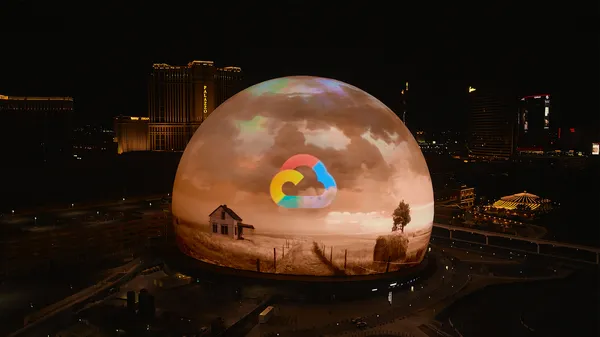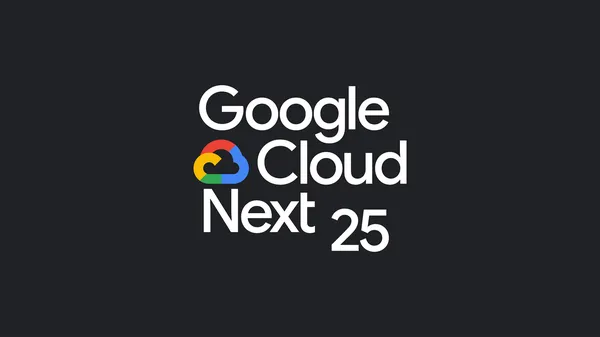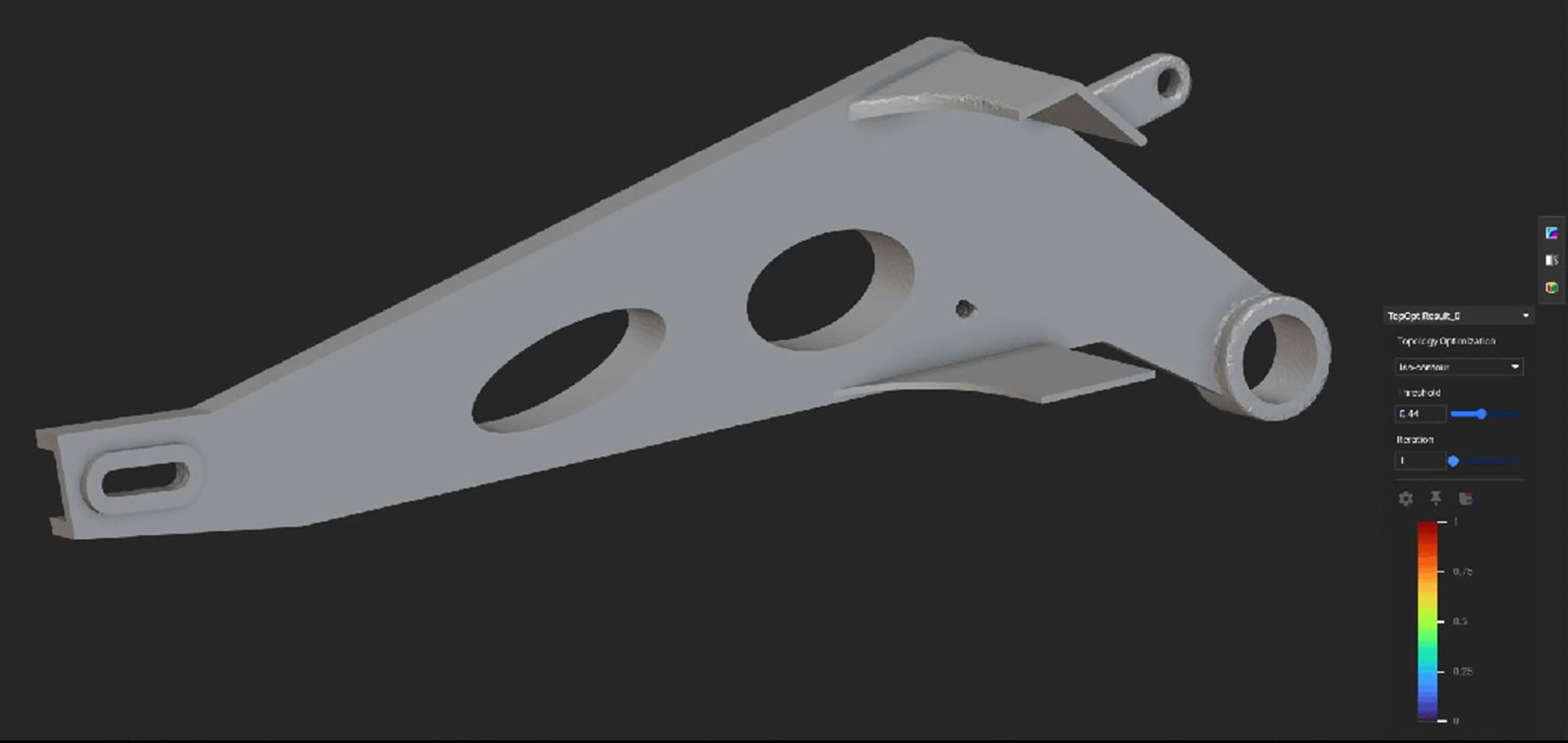
This week in Las Vegas, we hosted Google Cloud Next 25, an event showcasing the transformative ability of AI and its practical implications for businesses and developers. The event showcased over 500 customers who are putting AI to work.
Speakers including Google and Alphabet CEO Sundar Pichai and Google Cloud CEO Thomas Kurian showed how rapidly AI technology is evolving, and how it can enable us to reimagine what’s possible in partnership with our customers. It can even transform one of the greatest films of all time, for a new generation, on one of the largest screens in the world.

If you missed the event, check out an in-depth look from Google Cloud CEO Thomas Kurian. Here’s a recap of some of the top announcements from the event.
1. Our new infrastructure is designed for better performance.
We’ve significantly upgraded our AI Hypercomputer architecture — the engine driving Google’s AI — for better performance, efficiency and cost-effectiveness. This means more intelligence per dollar, highlighted by Gemini 2.0 Flash. We also introduced Ironwood TPUs — the seventh generation of our custom silicon chip designed to accelerate machine learning workloads — which offers a 10x performance leap.
For organizations that need to run their workloads on-premises for regulatory or sovereignty reasons, Google Distributed Cloud (GDC) now brings Gemini models on-premises via partners like NVIDIA and Dell.
2. Vertex AI offers video, image, speech and music generation models.
Alongside the preview launch of the text-to-music model Lyria, we announced major updates to our existing tools. Veo 2 is getting advanced editing features (inpainting, outpainting and interpolation) and camera controls. Chirp 3 is adding Instant Custom Voice creation from just 10 seconds of audio and improved multi-speaker transcription. And Imagen 3 is seeing higher-quality generation and improved editing capabilities like object removal.
These advancements, coupled with enterprise safety features like SynthID watermarking and copyright indemnity, give businesses like L’Oreal, Kraft Heinz, and Goodby Silverstein & Partners tools to streamline creative workflows, reduce production time and produce content across diverse formats.
3. Companies are making smarter specialized agents using Google AI.
AI agents are becoming increasingly specialized and delivering significant return on investment for companies. Customer agents power solutions for Lowe’s and Wendy’s; data agents accelerate work at Wayfair and AES; coding agents boost developer productivity internally at Google; and security agents help monitor threats for firms like Dunn & Bradstreet.
We also announced updates to Google Agentspace, used by KPMG and Wells Fargo, including Chrome integration and a no-code Agent Assembler, aiming to provide every employee with accessible AI tools.
4. We introduced a protocol for AI agents to communicate.
In collaboration with over 50 industry partners, we introduced the Agent2Agent Protocol. This first-of-its-kind open standard enables AI agents built by different vendors or on different frameworks to securely communicate, exchange information and coordinate actions across various enterprise platforms.
In combination with the new Agent Development Kit (ADK) and the new Agent Garden, which provides samples and connectors, Google is making it easier for developers to build agents.
5. Cloud WAN brings Google speeds to customers.
The network that moves at Google speed is now available for all businesses and governments. For years, Google has operated on a high-speed, low-latency private network. Now, Cloud Wide Area Network (Cloud WAN) makes this backbone available to customers, simplifying connectivity across Google’s 42 regions.
6. Google Unified Security brings AI power to defenders.
We announced Google Unified Security, a converged solution integrating our threat intelligence, security operations, cloud security and secure enterprise browsing capabilities, all powered by Gemini AI. It creates a unified security data fabric for better visibility and context.
This includes Gemini-driven security agents, like an alert triage agent which performs dynamic investigations on behalf of users, and a malware analysis agent, which investigates whether code is safe or harmful. The goal is to deliver stronger security outcomes and make Google part of every organization’s security team.

Blog Article: Here




